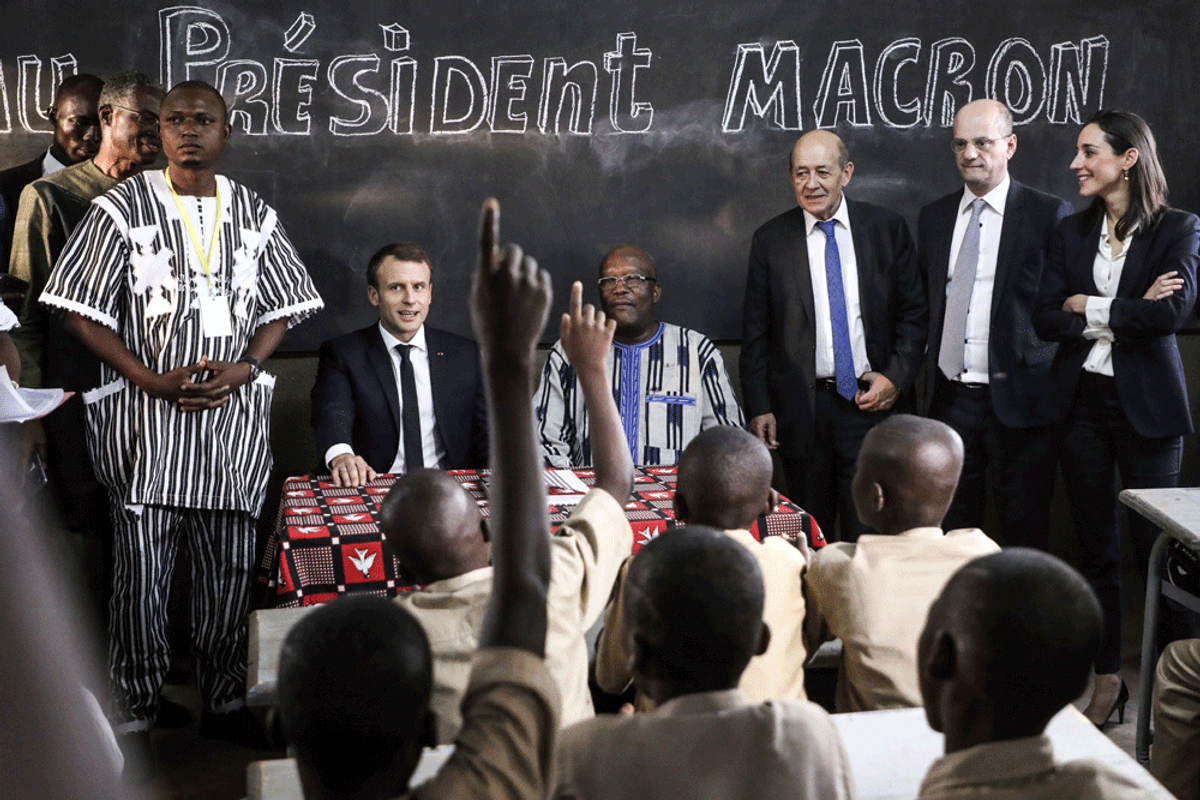French President Emmanuel Macron’s pledge to return African artefacts is an “awesome challenge”, according to Stéphane Martin, the president of the ethnographic Quai Branly-Jacques Chirac Museum in Paris. With curators and museum staff in France—and across Europe—often fiercely attached to the principle of the inalienability of public collections, Martin’s reaction comes as quite a surprise.
In a speech on 28 November at the University of Ougadougou in Burkina Faso, Macron urged that within five years (the term of his presidency) “the conditions be met for the provisional or permanent return of African cultural heritage to Africa”, adding: “It is unacceptable that a large part of this heritage is kept in France or in private European collections and museums.”
He pointed out that, in the past, “in many countries, African curators themselves sometimes organised the trafficking of cultural goods, and these goods were also sometimes saved from the hands of traffickers by European curators and collectors,” and called for “a new common vision” and an end to “old conflicts”. Such a process “will need scientific and museographic partnerships”, he said.
According to official sources, Françoise Nyssen, France’s culture minister, had not been informed of the president’s intentions and has so far not commented on the declaration. The culture ministry is notoriously hostile to any changes on matters of restitution. In 2010, the French parliament voted to set up a scientific commission to study proposals for repatriation, but the ministry failed to act.
The Quai Branly museum has a collection of more than 70,000 artefacts from sub-Saharan Africa, and displays 1,000 of them in its galleries on the Left Bank of the Seine. “There is a real problem which is specific to Africa,” Martin says. “Cultural heritage has disappeared from the continent. In the African art exhibitions we have held since opening in 2006, not a single work was lent by an African museum. We ought to do something to repair that.” But he adds that the return of works to Africa needs to be considered “in the framework of cultural projects”.
The opening of Louvre Abu Dhabi last November marked “a major change in the museums’ world map”, Martin says. “It demonstrated that such a partnership is possible and can change our cultural vision. If together, and possibly with international co-operation with other Western partners, we can build one, two or three safe museums in Africa, I would not even consider transfers of ownership as taboo.”
Martin is prepared to start the process right away. “Think of the Museum of African Civilisations in Dakar, which has been built by the Chinese and has been empty for three years. Why not consider working on a partnership there? It might not be easy but it would be worth trying.”


